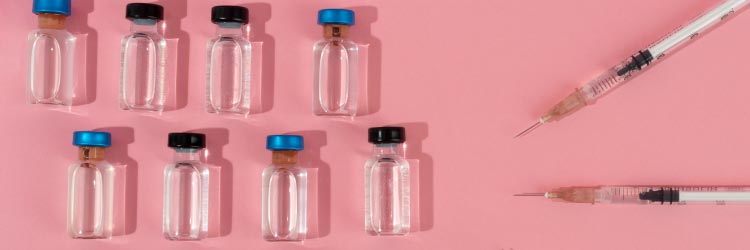Dengue fever remains a significant global health challenge, with approximately half of the world’s population at risk of infection. The development of a safe and effective vaccine for dengue is critical to reduce the disease burden, especially in tropical and subtropical regions where the disease is endemic. This article provides an overview of the current landscape of dengue vaccine development, including insights into ongoing clinical trials, challenges faced by researchers, and the future prospects of dengue vaccination.
Understanding Dengue and Vaccine Necessity
Dengue is caused by the dengue virus (DENV), which has four different serotypes (DENV-1, DENV-2, DENV-3, and DENV-4). Infection with one serotype typically provides lifelong immunity to that specific serotype, but only short-term protection against the others. Subsequent infections by different serotypes increase the risk of developing severe dengue, which can be fatal. This complexity makes developing a vaccine challenging, as it must confer protection against all four serotypes simultaneously to be effective and safe.
Current Vaccines and Limitations
The first dengue vaccine, Dengvaxia (CYD-TDV), developed by Sanofi Pasteur, was licensed in 2015 and is now approved in several countries. However, its deployment has faced significant challenges. Dengvaxia is a live recombinant tetravalent vaccine, but studies have shown that while it can reduce dengue infections in individuals previously infected by the virus, it poses an increased risk of severe dengue in those who have never been infected (seronegative individuals). Consequently, the World Health Organization (WHO) now recommends that the vaccine only be given to seropositive individuals.
Current Clinical Trials for Dengue Vaccines
Given the limitations of the existing vaccine, numerous clinical trials are underway to develop new vaccines that are both safe and effective for a broader population, including those with no prior dengue exposure. Some of the most promising include:
Tak-003
Developed by Takeda Pharmaceuticals, this live-attenuated tetravalent vaccine is currently in Phase 3 clinical trials. Early trial results have shown promise in preventing hospitalization and symptomatic dengue across all serotypes in both seropositive and seronegative participants. The ongoing trials continue to evaluate its long-term efficacy and safety.
Tv003/tv005
Developed by the U.S. National Institutes of Health (NIH), these live-attenuated tetravalent vaccines have shown high efficacy in Phase 1 and 2 trials, particularly in producing a balanced immune response against all four dengue serotypes. Phase 3 trials are anticipated but not yet underway.
mRNA Vaccines
Following the success of mRNA technology in COVID-19 vaccines, researchers are exploring mRNA vaccines for dengue. These vaccines would use messenger RNA to instruct cells to produce protein antigens associated with the dengue virus, stimulating an immune response. This approach is still in the preclinical stage but represents a rapid and adaptable method for vaccine development.
Subunit, Inactivated, and DNA Vaccines
Several other approaches are in early stages of research, including protein subunit vaccines that deliver specific dengue antigens, inactivated viruses that can no longer replicate, and DNA vaccines that use plasmids to introduce dengue DNA into cells.
Challenges in Dengue Vaccine Development
Developing a vaccine for dengue presents unique challenges:
Immune Enhancement
Dengue vaccines must avoid the risk of antibody-dependent enhancement (ADE), where non-neutralizing antibodies facilitate the entry of the virus into host cells, leading to more severe disease upon subsequent infections.
Serotype Coverage
An effective vaccine must equally protect against all four dengue serotypes to prevent disease and transmission comprehensively.
Durability of Protection
Long-term protection is crucial. Current vaccines and candidates are being studied to determine the duration of their efficacy.
Safety in Different Demographics
Vaccines must be safe for use in diverse populations, including those with varying levels of previous exposure to the virus.
Future Prospects
The ongoing development of dengue vaccines is a dynamic area of research. With multiple candidates in the pipeline and advancements in vaccine technology, there is hope for more effective solutions. These developments, combined with robust public health strategies, could significantly reduce the global impact of dengue.
Continued collaboration among governments, research institutions, and the global health community will be essential to overcome the challenges of dengue vaccine development and ensure the availability of effective vaccinations worldwide.

